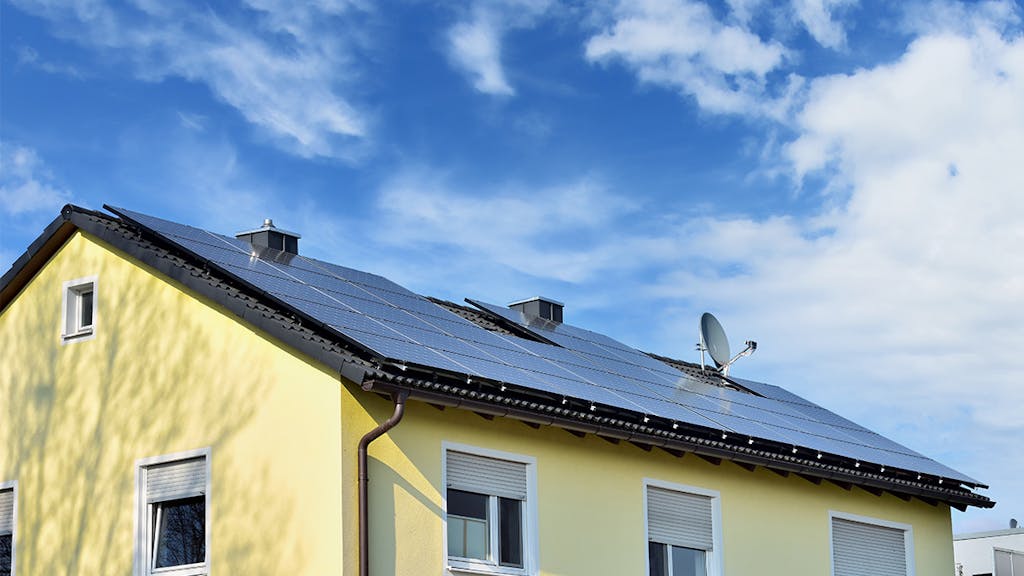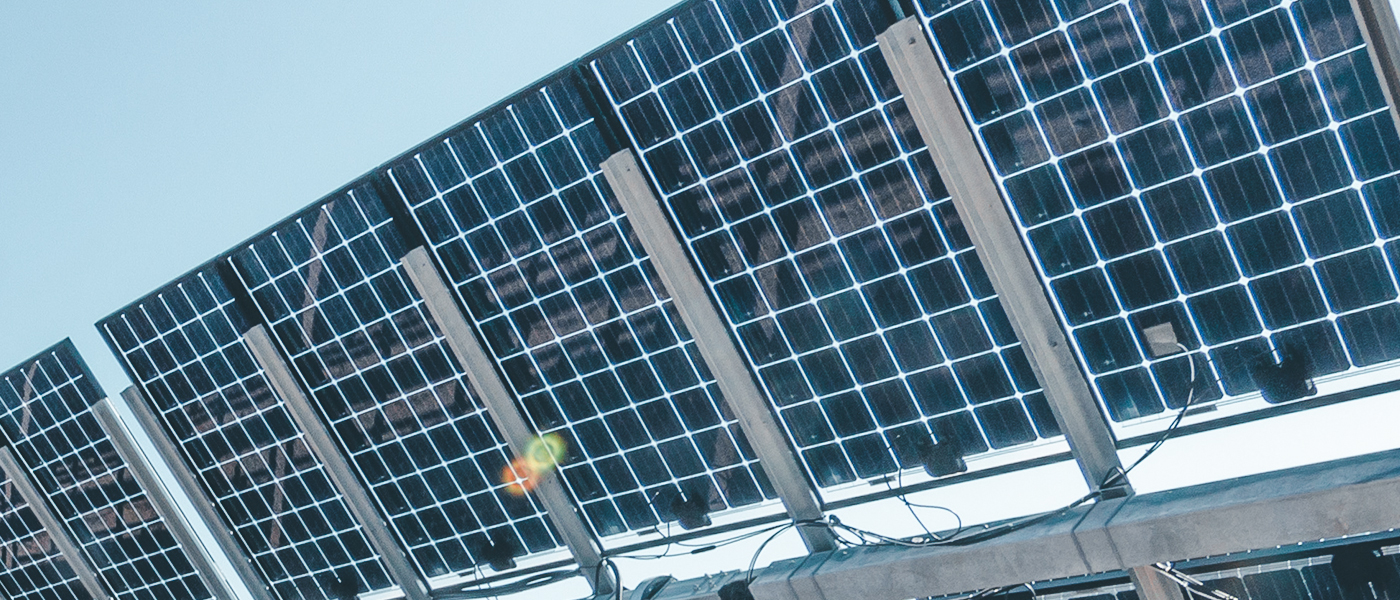The federal solar tax credit significantly reduces the cost of installing solar for millions of Americans. It allows homeowners to claim 26% of the cost as tax credits. However, the tax credit does not always apply to homeowners. In some cases, business owners can be eligible to claim the solar power tax credits instead. It all depends on how the homeowner pays for the installation.
What Are Federal Solar Power Tax Credits?
In 2005, the federal government created the Energy Policy Act, which included the solar investment tax credit. It provided credits that can be applied against the taxes you owe for the year. It’s important to note that you must owe to claim the credit.
The goal was to encourage more homeowners to invest in solar over a two-year period. The program worked so well that it was extended in 2007 and has been re-extended several times since. It is now set to expire in 2024.
Since the cost of purchasing solar components and installing them has drastically decreased, some economists and industry professionals believe this is the last time federal solar credits will be this high. However, time will tell whether these incentives will be extended past 2024.

When Are Homeowners Eligible for Solar Power Tax Credits?
According to the Office of Energy Efficiency and Renewable Energy, the ITC most recently received an extension in December 2020. It extended the 26% tax credit for the years 2020 to 2022, in place of the lower percentages that were initially scheduled as part of the phasing out plan. It also adds that homeowners and their systems should meet these requirements:
- Homeowners installed their systems between 2006 and 2023.
- Homeowners installed the systems at their primary residence, secondary residence, or community project.
- Homeowners financed the system or paid in cash.
- Homeowners are using the newly installed system for the first time in that tax year.

When Do Businesses Become Eligible for the Solar Power Tax Credits?
An important clause in the document provided by the Department of Energy is that homeowners do not receive tax credits for systems they lease. In these cases, the tax credits go to the entities they lease it from at the same 26% rate. From 2023 onward, this rate will fall to 10%. This provides a strong incentive for solar power companies to provide as many leased systems as possible.
These are some of the requirements businesses must meet:
- The system is located in America or a U.S. territory.
- A U.S. business subjected to federal income tax owns the system.
- The system includes new components and limits the use of used components.
- The business or its client does not use the solar system to heat swimming pools.
Grow Your Home Builder Business With Solar
Incentives like the federal solar tax credit increase the affordability and accessibility of solar technology, benefiting both homeowners and builders alike.
Unbound Solar® helps homebuilders capitalize on the growing demand for solar. Our industry-leading homebuilder program eliminates the time and effort needed to add solar to your construction, with hassle-free integration that seamlessly melds with your existing building plans.
And no matter what future legislation or laws might crop up in the future, we’ll bring our nearly 30 years of industry experience to the table — helping you stay ahead of the curve when it comes to solar, for decades to come.



